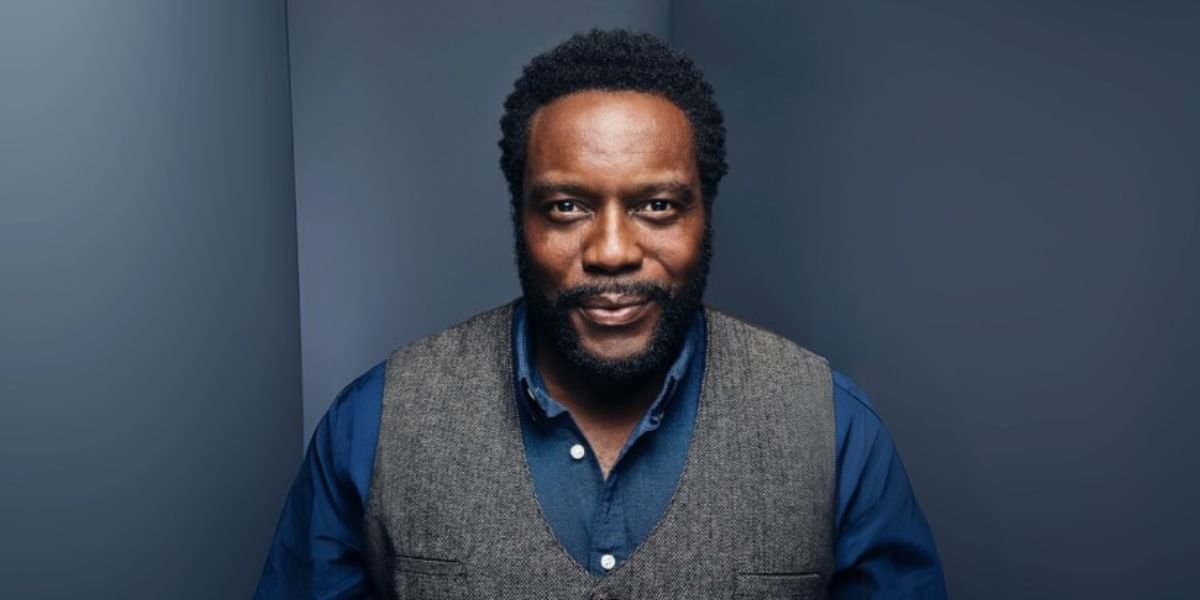By: Isabel Monroe
In a world where trauma often remains buried under professional polish and social expectations, Angela Webber dares to swing open a bold, metaphorical door—and invites others to do the same. Her debut book, Behind The Big Red Door: From Trauma to Success—Personally, Professionally, and Spiritually, is more than a personal memoir. It is a call to action for anyone seeking transformation after hardship, offering practical tools for navigating the complexities of emotional life and personal growth.
Published in April 2025 by Indie Books International, Webber’s book clocks in at just over 100 pages, but it packs a punch well beyond its length. Written with a clear voice and an empathetic heart, the book bridges three essential dimensions of success—personal, professional, and spiritual—through the lens of emotional intelligence and healing. It is part self-help manual, part leadership guide, and part spiritual reflection.
From Knickknacks to the Big Red Door
The original working title of the book was Knick Knacks on the Shelf, a nod to the small, personal pieces of Angela’s life that had been shelved—perhaps hidden—for too long. But that title didn’t fully capture the courage required to confront the past and reimagine the future.
“Red is a color of boldness,” Webber explains. “It takes a lot of courage to walk up to a bold door and open it. But when you do, you’ll find success behind it.”
This “door,” symbolic throughout the book, represents the emotional threshold we all face when confronting our own histories—particularly those rooted in trauma, neglect, or loss. For Webber, this journey became unavoidable after the death of her father, a moment that triggered a profound internal reckoning.
“I realized I didn’t want to leave this world with the mounds of secrets I had carried,” she shares. “I had championed over the years to deal with difficult people. We’re surrounded by them, and without the tools to deal with those dynamics, it’s easy to become discouraged.”
The Five Degrees of Customers
One of the most distinctive features of Behind The Big Red Door is Webber’s concept of the “Five Degrees of Customers”—a framework she developed over years of journaling and coaching. This model goes far beyond retail or business. It views every individual we interact with—family members, colleagues, strangers—as “customers” who deserve thoughtful emotional engagement.
“Our families are our first line of customers,” Webber explains. “When we balance life, we balance every part. Understanding these degrees helps us stay grounded and emotionally responsible.”
This principle becomes a cornerstone of her message: emotional management is not a luxury—it’s a necessity. It’s not about suppressing emotions but learning how to understand, interpret, and respond to them in ways that align with who we want to be.
“Our response is our responsibility,” she writes. “If I’m in chaos, that chaos will likely leak into how I respond. But if I’m calm—if I’ve chosen calm—then my response can be calm, even when it’s hard.”
The Spiritual Core
Though the book touches on spirituality, it’s not narrowly religious. For Webber, spiritual success is about nurturing inner wellness and having hope and faith—not just in a higher power but in the everyday systems we rely on without thinking.
“When you flip on a light switch, you have faith the light will come on. When you sit down, you have hope the chair will hold you. Faith and hope happen all around us all day, and most often we don’t acknowledge it.”
This perspective infuses the book with a grounded yet transcendent tone. Spirituality isn’t confined to a church pew; it’s in the choices we make, the grace we extend to others, and the emotional safety we create in our relationships.
Forgiveness as Freedom
A particularly powerful section of the book is Webber’s exploration of forgiveness—a subject she handles with nuance and honesty. While many self-help books encourage “forgiving yourself,” Webber takes a different stance.
“Forgiving oneself can be a form of pride,” she argues. “True humility comes when we seek forgiveness from others. When someone causes trauma and they say, ‘I’ve forgiven myself,’ it adds salt to the wound. Why wouldn’t they come to me and ask for it?”
For Webber, forgiveness isn’t about forgetting or excusing harm. It’s about releasing the weight of judgment—not only for the offender’s sake but also to create space for healing.
“I not only forgive them,” she says, “but I ask that nothing be charged to them for what they did wrong to me. We all have enough to be accountable for already.”
A Book Born from Experience
Despite the clarity of her message, Webber never imagined she’d become an author. The book, she says, essentially wrote itself—pieced together from years of journals, speaking engagements, and quiet revelations. When a colleague suggested she write a customer service book, the deeper purpose emerged.
“We didn’t need another ‘how-to’ book,” she recalls. “People need a way to transform from being stuck in life to achieving the success they always hoped for.”
And that’s exactly what Behind The Big Red Door delivers.
An Invitation, Not a Manual
This is not a prescriptive or preachy book. Instead, Webber’s debut is a compassionate guide, rich in storytelling and rooted in experience. It’s for the reader who feels stuck in their trauma, uncertain how to move forward. It’s for the professional who feels emotionally depleted. It’s for the person of faith trying to reconcile pain with purpose.
Above all, it’s a reminder that behind every obstacle is an opportunity, and the courage to open the door is already within us.
Behind The Big Red Door: From Trauma To Success-Personally, Professional, And Spiritually is available in paperback and eBook formats through major retailers, including Amazon, Barnes & Noble, and independent bookstores.
Disclaimer: This article is for informational purposes only and is not intended to provide medical, psychological, or professional advice. Readers should consult qualified professionals for guidance specific to their individual needs and circumstances.








